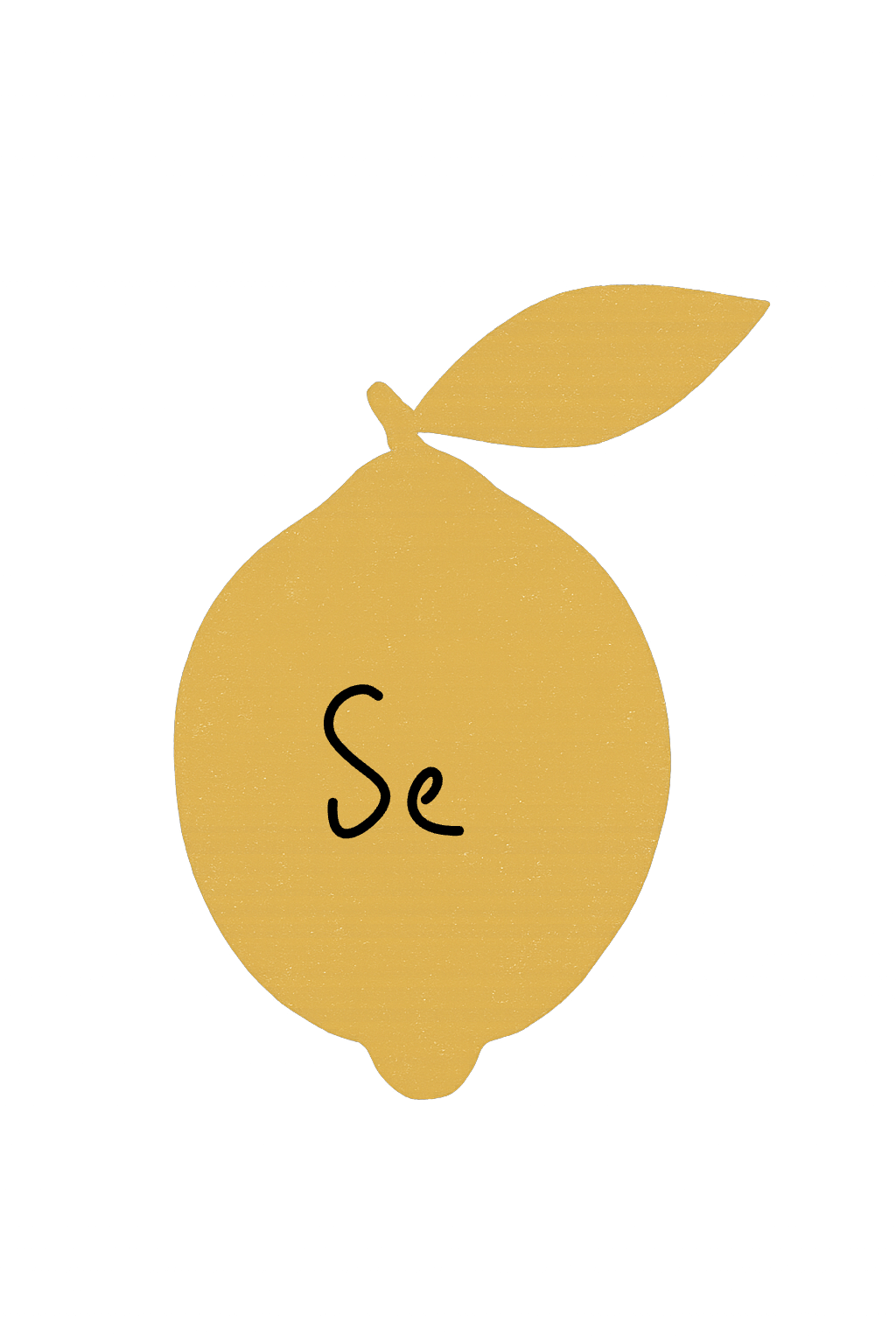Strengths
Present-Moment Awareness: Se users are highly in tune with the present moment. They are adept at picking up on sensory details, reacting quickly to their environment, and fully experiencing what’s happening around them. This gives them a great sense of immediacy and allows them to stay grounded in the here and now.
Quick Decision-Making: Se users make fast, effective decisions based on immediate data. They can quickly assess their environment, adapt to changes, and take decisive action, making them excellent in dynamic or high-pressure situations.
Hands-On Learning: Se users thrive in environments where they can actively engage with the world. They learn best through direct experience, preferring to “do” rather than passively absorb information. This hands-on approach makes them particularly effective in practical or physical tasks.
Realism and Pragmatism: Se is focused on tangible, real-world experiences. Se users are naturally pragmatic and focused on what is practical and effective. They’re skilled at recognizing what’s actual and possible in the present rather than getting caught up in abstractions or theoretical concepts.
Boldness and Spontaneity: Se users are often adventurous and spontaneous. They enjoy taking risks and are usually open to trying new things, whether in their personal life, hobbies, or careers. This boldness allows them to embrace new experiences and live life with a sense of excitement and dynamism.
Physical Awareness and Skill: Se users tend to have strong coordination and bodily awareness, making them adept at sports, dancing, or any task that requires fine motor skills and body control. They’re also good at noticing physical cues and environmental changes, making them highly attuned to aesthetics and sensory beauty.
Weaknesses
Impulsiveness: Because Se is focused on immediate sensory experience, users can sometimes act impulsively without thinking about long-term consequences. This can lead to hasty decisions or risky behaviors, especially if they prioritize short-term thrills over careful planning.
Difficulty with Long-Term Planning: Se users are often so focused on the present that they may struggle to plan for the future. They may neglect long-term goals or fail to think about the potential consequences of their actions, which can cause problems when future-oriented thinking is necessary.
Overindulgence in Sensory Pleasures: Se users can sometimes become overly focused on sensory stimulation, leading them to indulge in physical pleasures to an excessive degree (e.g., food, drink, shopping, etc.). This can lead to issues with moderation or self-discipline.
Struggles with Abstract or Theoretical Thinking: Se users may find it challenging to engage with abstract concepts, theories, or ideas that don’t have an immediate real-world application. They may lose interest in overly theoretical discussions or be removed from practical concerns, preferring concrete and experiential things.
Can Be Easily Distracted: Because Se users are constantly taking in sensory data, they can sometimes be distracted by their environment. They may have trouble focusing on one thing for an extended period, especially in stimulating or chaotic environments.
Difficulty Reflecting on the Past or Future: Se users tend to live in the moment and may not naturally spend much time reflecting on past experiences or contemplating future possibilities. This can lead to challenges when they must learn from past mistakes or engage in long-term strategic thinking.
***
